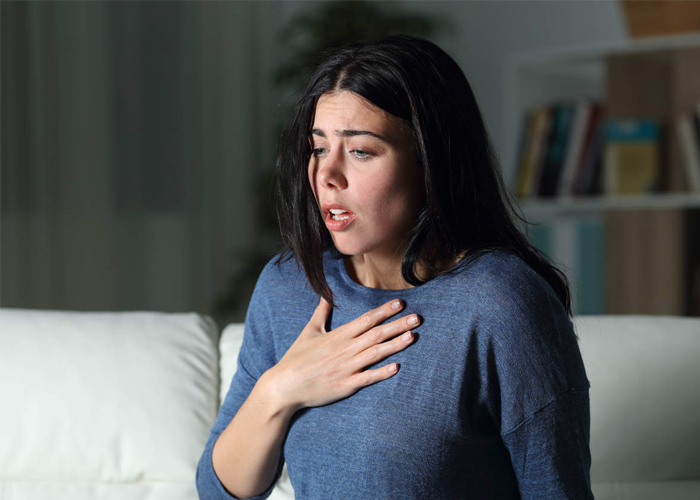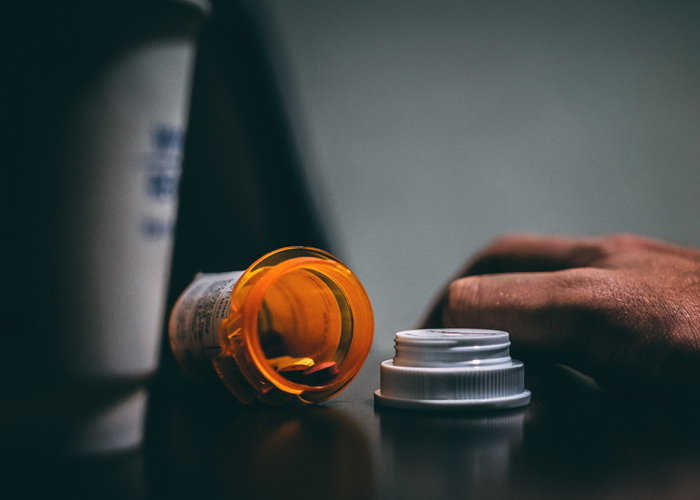Mental Health Conditions
 It is normal to experience anxiety, fear, deep sadness, and even nightmares after a traumatic event. If these symptoms do not seem to be getting better after several weeks, it may be time to seek professional help.
It is normal to experience anxiety, fear, deep sadness, and even nightmares after a traumatic event. If these symptoms do not seem to be getting better after several weeks, it may be time to seek professional help.
Only a mental health professional can diagnose conditions like depression, anxiety or PTSD, but it is important for you to be aware of what to watch for, so you know when to seek professional help. Scroll down to learn about some of the most common conditions that people experience after a traumatic experience:
Depression is a serious mental health condition that impacts how we feel, think and behave. Fortunately it is a condition that can be effectively treated. Depression is more than feeling sad, it is a more constant negative mood accompanied by changes in appetite, loss of interest in activities and relationships, poor sleep, increased fatigue, feelings of worthlessness and difficulty concentrating or making decisions.
Although all people experience anxiety from time to time, anxiety rises to the level of a mental health condition when it interferes with a person’s relationships, job and overall functioning in life. In anxiety disorders, worries and fears are not temporary reactions to stressful circumstances, but are experienced as present most days even when the situation that seemed to cause anxiety has resolved.
PTSD can occur after experiencing or witnessing a terrifying event, such as a natural disaster, an act of violence, or a terrorist attack. PTSD symptoms include disturbing memories of the event, flashbacks, re-living the event, changes in thinking, mood and reactions, and attempts to avoid the people, thoughts and places connected to the experience.
People struggling with a mental health condition can be susceptible to using drugs and/or alcohol in attempts to alleviate distress and numb troublesome symptoms. While that may provide temporary relief, doing so increases the likelihood of developing two additional problems: one, a worsening of symptoms and two, a dependence on the drug or alcohol.
When a person meaningful in your life dies, you may experience grief. Grief is the natural response to your loss. It can be expressed physically, emotionally and/or psychologically. Everyone is affected by grief, even if it is rarely talked about in some cultures. Ignoring your feelings of grief may seem helpful at first, but it can cause physical or emotional pain in the long-term.

 Depression
Depression Anxiety
Anxiety PTSD
PTSD Substance Use Disorders
Substance Use Disorders Bereavement & Grief
Bereavement & Grief